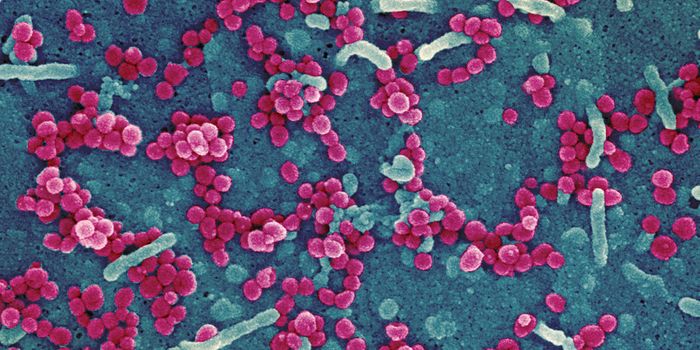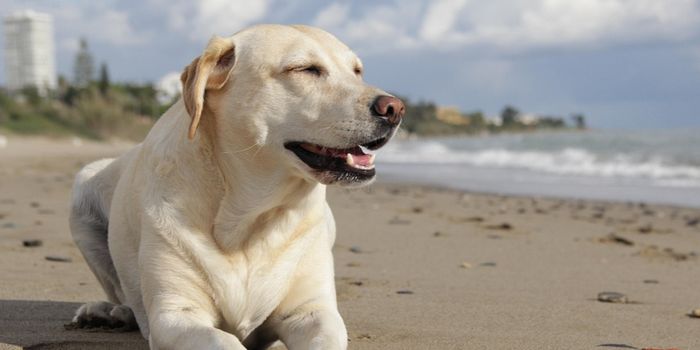Evolution is Happening All Around us
While it’s a well-established scientific fact, there has been recent pushback against the theory of evolution. Scientists say though, that we can observe it all around us. The rapid rise of urbanization in the world is having a dramatic effect, and is causing unintended evolution worldwide, said Marc Johnson, an Associate Professor of Biology at the University of Toronto Mississauga, and Jason Munshi-South, an Associate Professor of Biological Sciences at Fordham University. For the first time, they have performed a comprehensive analysis of all existing studies on evolution and assessed the results, which were published in Science. Learn more about it from the following video.
"As we build cities, we have little understanding of how they are influencing organisms that live there," noted Johnson, who is also Director of the University of Toronto's Centre for Urban Environments. "It's good news that some organisms are able to adapt, such as native species that have important ecological functions in the environment. But it can also be bad news that the ability of some of these organisms to adapt to our cities might increase the transmission of disease. Bedbugs, for example, were scarce two decades ago, but they've adapted to the insecticides used to keep them at bay and have exploded in abundance worldwide."
"Traditionally, we've thought about evolution as a long-term process driven by environmental pressures and the interactions between species. But now there is a new driver that is rapidly changing many other species, which is how they interact with humans and our built environment,” explained Munshi-South. "Humans and our cities are one of the most dominant forces of contemporary evolution now."
Touching on a vast number of species, from plants, viruses, insects, and mammals, to reptiles and birds, the investigators have seen the effects of evolution in many diverse organisms. This work has raised important questions about how native species will survive as urbanization spreads, and what results the persisters will have on other things. Habitat loss and barriers that are built pose a considerable array of hurdles to species, some of which will be able to adapt but will do so in undesirable ways.
"We've created a novel ecosystem that no organism has ever seen before," said Johnson, noting that this report is a "wake-up call for the public, governments and other scientists."
The researchers have suggested that it’s important to consider our environment and how we are altering our ecosystem when we build cities. We are impacting the evolution of species that may, in turn, affect our lives. Most people know that we have changed many animals, so they now depend on us or our waste for survival, like rats, pigeons or bedbugs.
Another example of the urban pressure on evolution is a new type of mosquito that can live in stations of the London Underground, where it no longer needs to feed on blood for egg production. Additionally, they don’t become dormant in wintertime. These insects carry several diseases and can now be found in other cities including New York and Los Angeles.
Johnson and Munshi-South stress that it’s time to consider native species in our plans, not only for their benefit but also for our own. The research is also a way to educate people about the phenomenon that is evolution. "People who don't believe in evolution need not go further than their backyards to see evidence of it," Johnson said.
Sources: AAAS/Eurekalert! Via University of Toronto, Science









